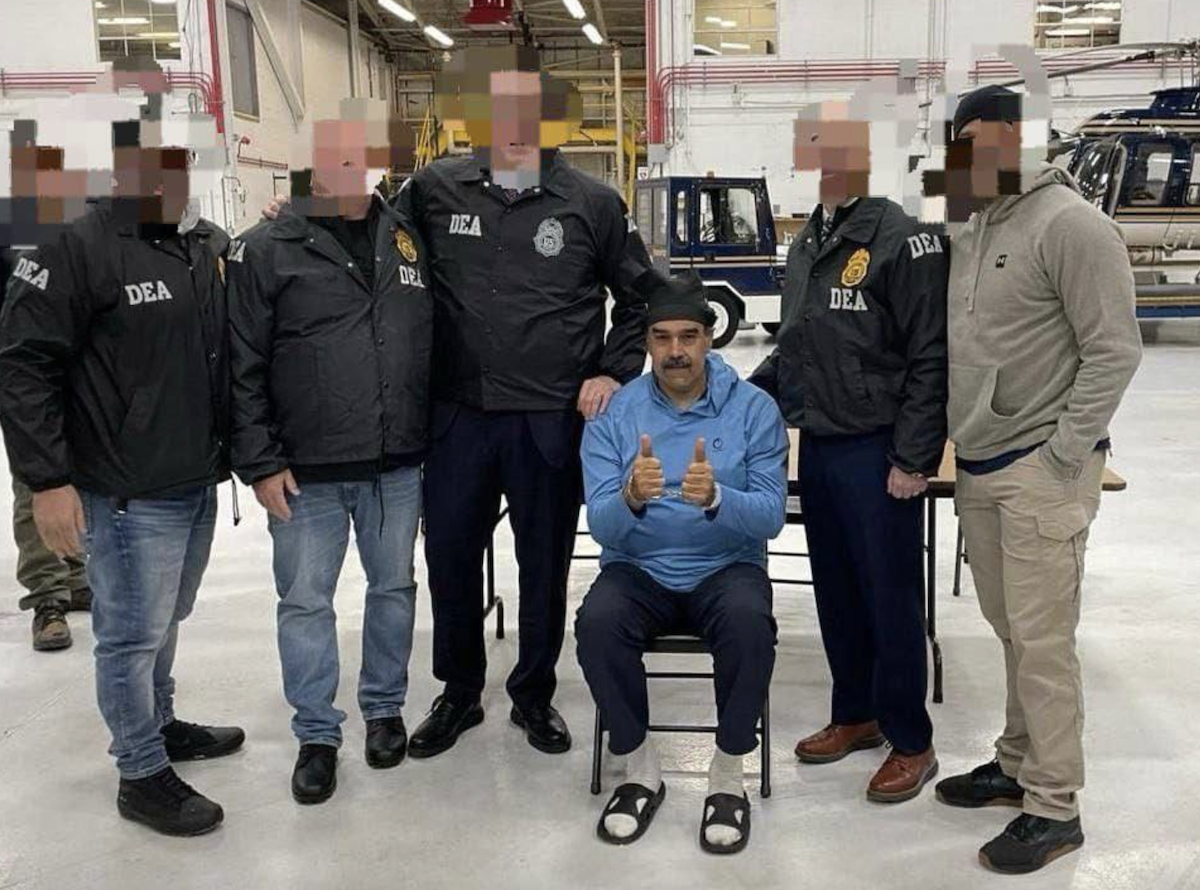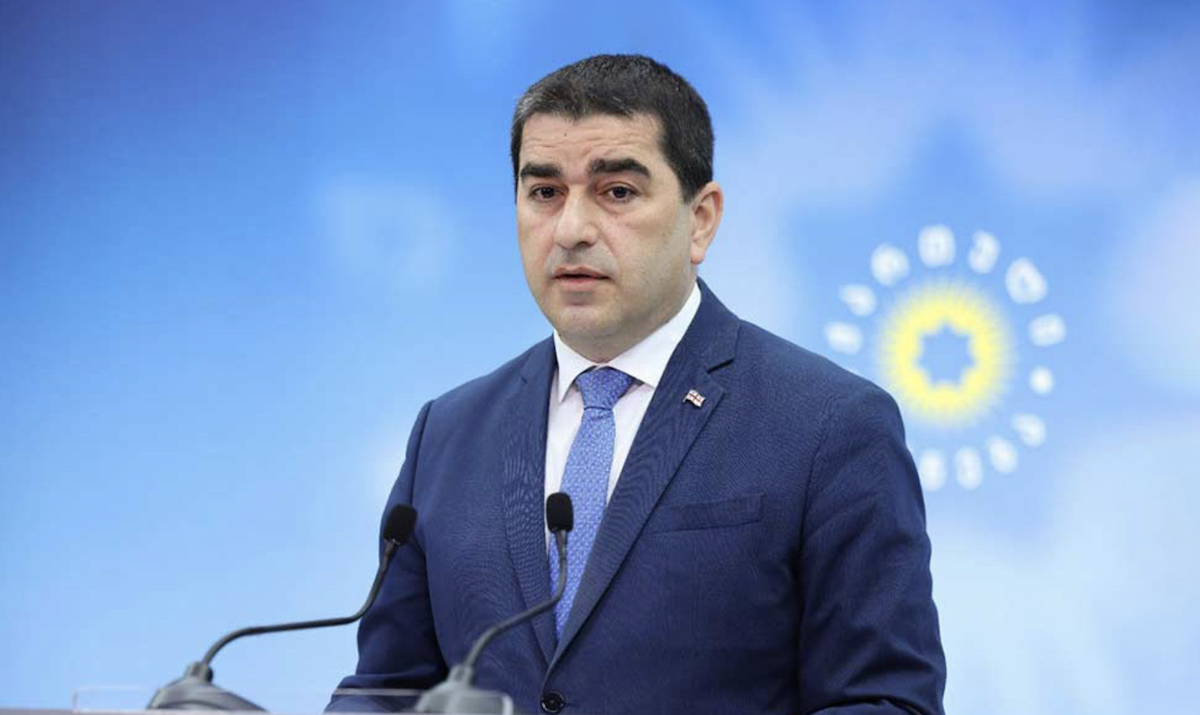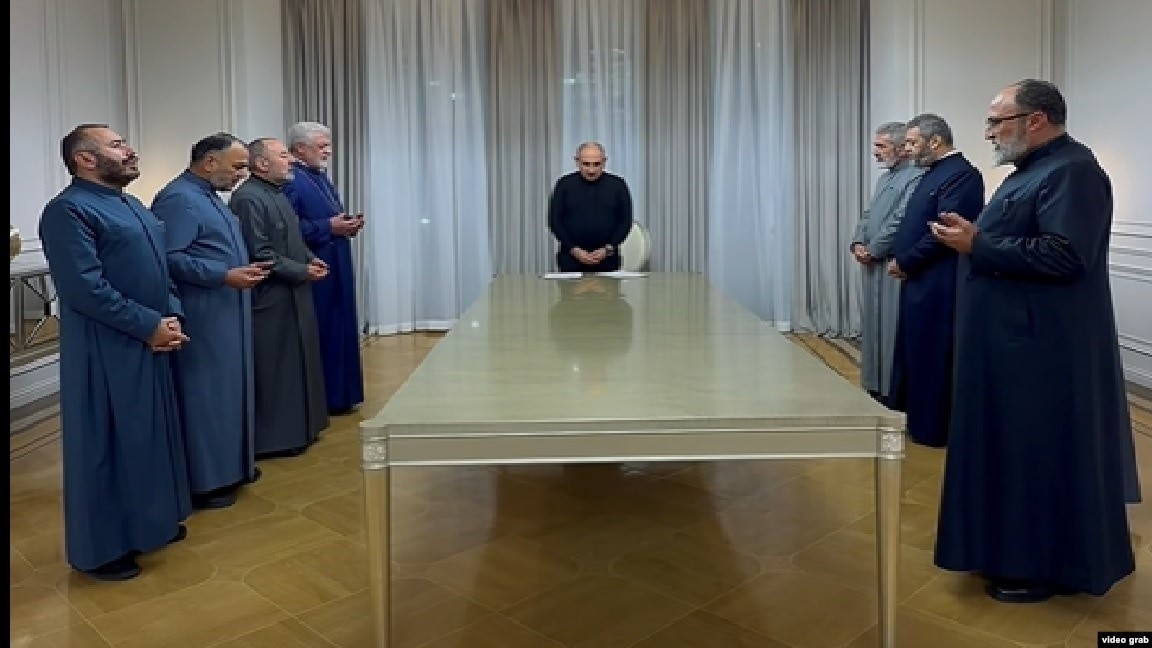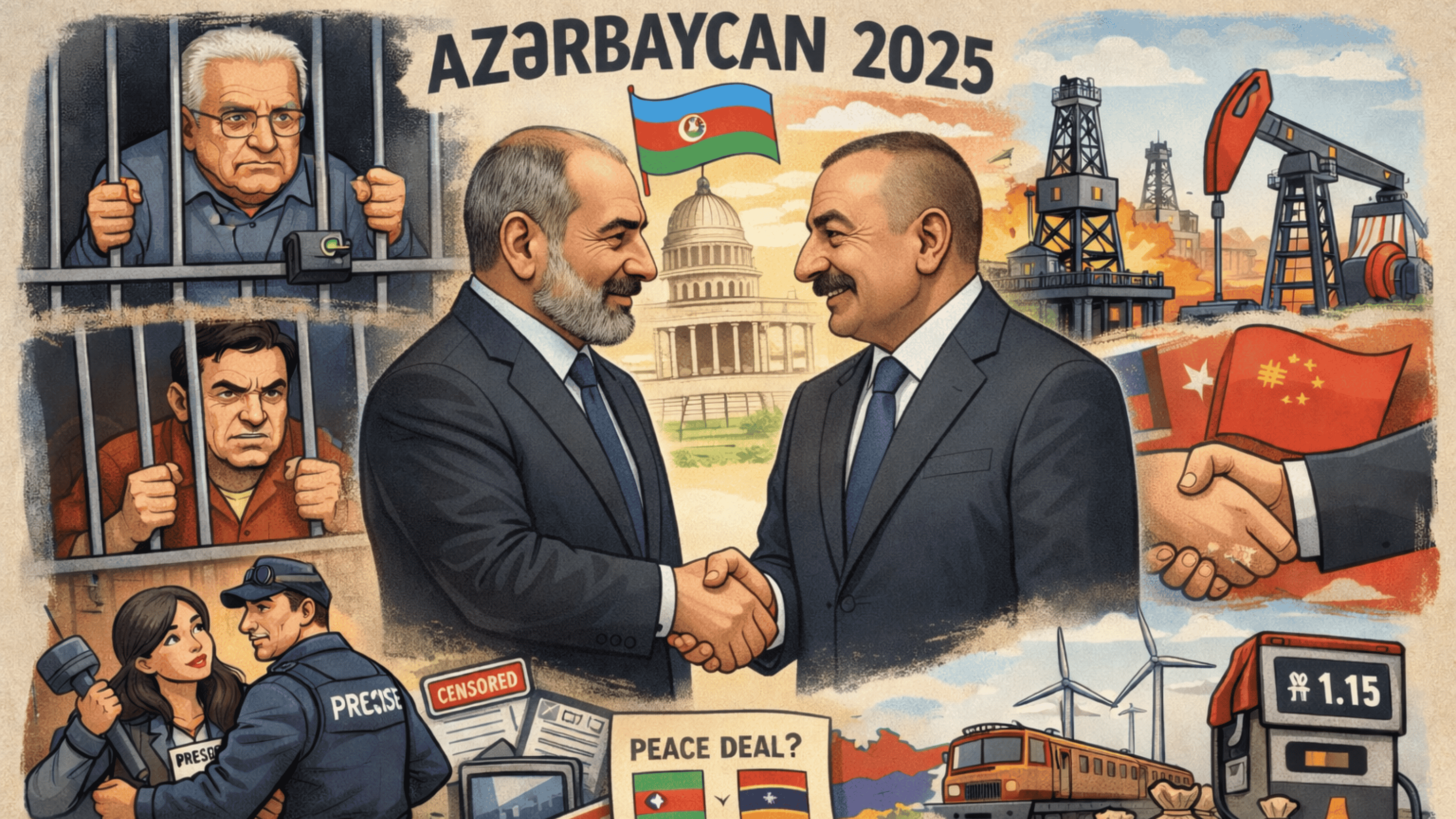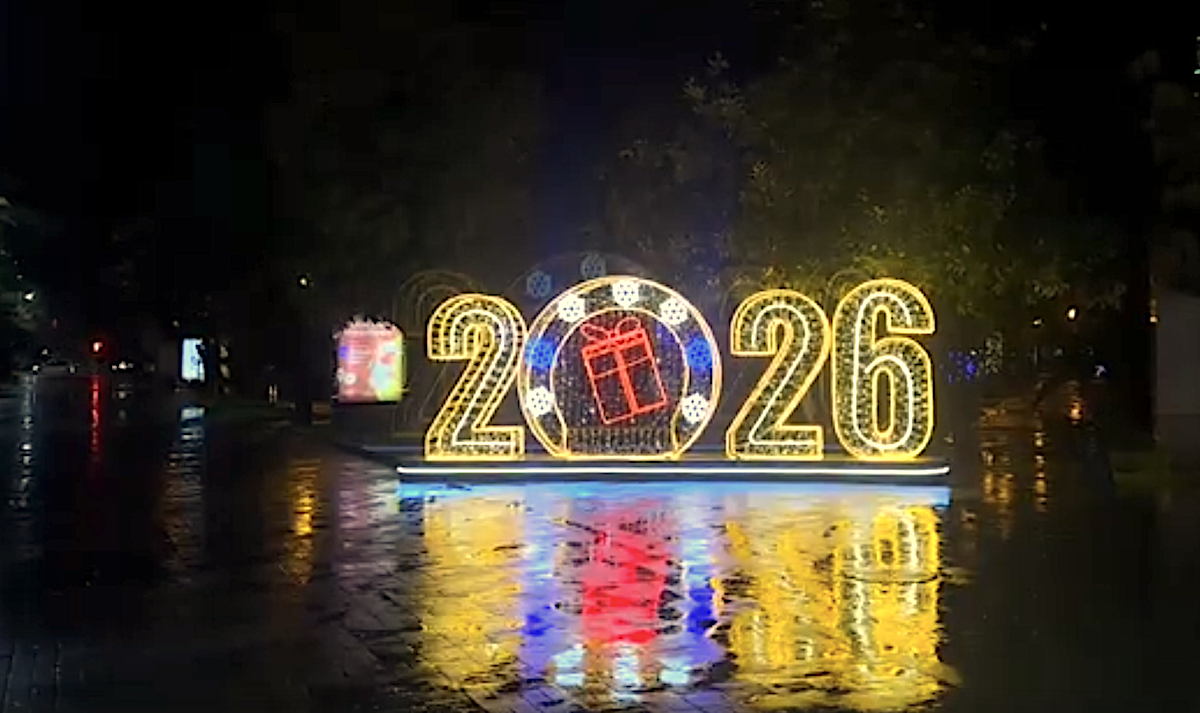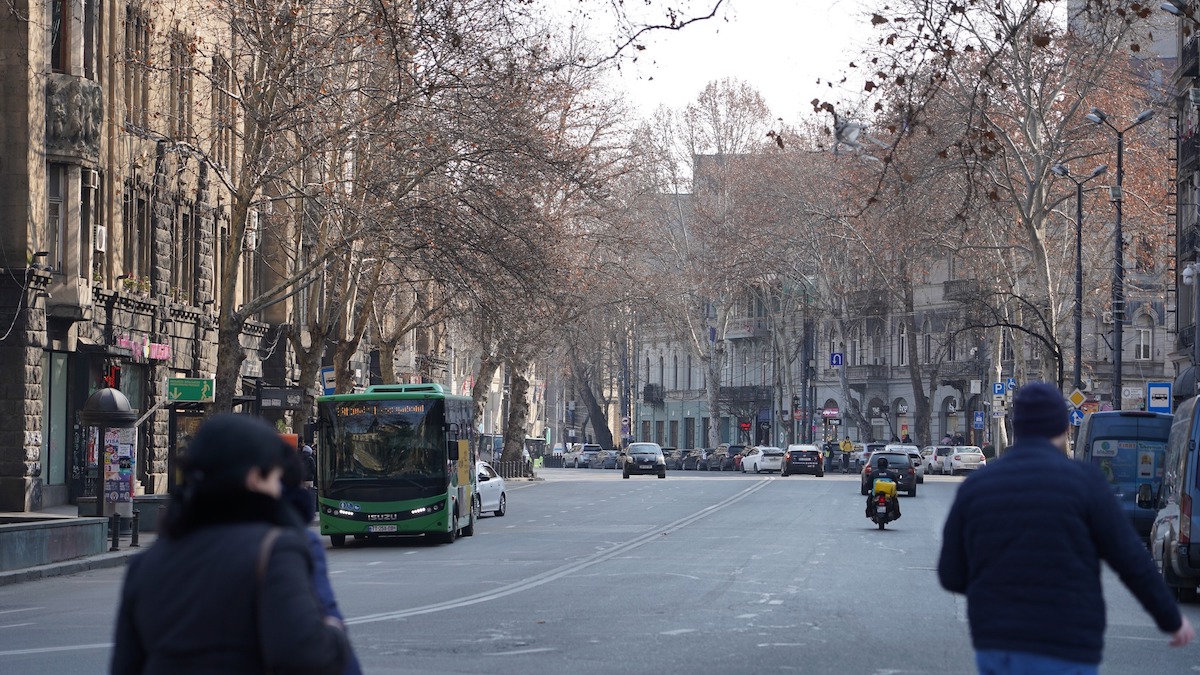First meeting of Armenian and Turkish envoys on normalisation of ties took place in Moscow
First round of Armenian-Turkish negotiations
The first round of negotiations on normalization of Armenian-Turkish relations has taken place. Negotiator from Armenia, Vice Speaker of the Parliament Ruben Rubinyan and Special Representative from Turkey, former Ambassador to the United States Serdar Kilic held their first meeting in Moscow.
According to the Armenian Foreign Ministry, during the first meeting “the special representatives exchanged initial thoughts in a constructive atmosphere” on the process of settling the Armenian-Turkish dialogue. It is also reported that the parties agreed to continue negotiations for a full settlement without any preconditions. The date and place of the next meeting will be determined through diplomatic channels.
The text of approximately the same content was also distributed by the Turkish Foreign Ministry.
- What is the right strategy for Armenia, stuck between the foreign policy ambitions of Russia and Turkey?
- Armenia, Turkey appoint envoys to normalize relations – what are the prospects for reconciliation?
- Armenian-Turkish negotiations: old agenda in new realities. What to expect?
“Armenia’s expectations from the dialogue are the same as in the early 1990s”
On the eve of the first meeting of the special representatives, the press secretary of the Armenian Foreign Ministry Vahan Hunanyan, in an interview with the Armenpress agency, stated that Armenia’s expectations from this dialogue are the same as in the early 1990s:
“We expect that as a result of the process, diplomatic relations will be established between Armenia and Turkey and the border between the two countries, which was unilaterally closed by Turkey in the early 90s, will be opened. […] In fact, this first meeting will be of a preliminary nature. It is difficult to expect that as a result of one meeting it will be possible to achieve tangible results, but the process will be launched”.
Prior to the start of the negotiation process, the Armenian expert community stated that by agreeing to start a dialogue with Turkey, the Armenian authorities had already accepted the preconditions that the opposite side had always put forward in the context of normalizing relations with Armenia.
However, Vahan Unanyan assured that this is a wrong assumption:
“Armenia has always stated that it is ready to normalize relations with Turkey without any preconditions. In this regard, I must also state that the approach of Armenia has not undergone any changes: the same position is reflected in the program of the Government of the Republic of Armenia for 2021-2026.
As we noted earlier, in our contacts with international partners, we have repeatedly stressed the need to comply with the principle of ‘no preconditions’. In our opinion, the Turkish government also shares this approach”.
In 1991, after the collapse of the USSR, Turkey officially recognized the Republic of Armenia, but refused to establish diplomatic relations with it. In 1993, Turkey unilaterally closed its air and land borders with Armenia. The air border was re-opened in 1995, according to the website of the Armenian Foreign Ministry, “under pressure from the international community”.
After the Karabakh war in the early 90s, Turkey put forward a number of conditions for the opening of the land border and establishment of diplomatic relations, one of which was the return to Azerbaijan of the regions under the control of the unrecognized Nagorno-Karabakh Republic. This condition is no longer valid, since these territories are already under the control of Azerbaijan as a result of the second Karabakh war in 2020.
Turkey’s other condition has always been the rejection of international recognition of the Armenian Genocide – the massacre that took place in Ottoman Turkey in 1915. Prior to that, about two and a half million Armenians lived in the territory of the Ottoman Empire. As a result of the killings and mass deportation, more than half of the Armenian population residing in the Ottoman Empire died. Armenia, several Western countries and international organizations officially recognize these events as genocide. Turkey categorically rejects such a formulation.
Why did previous attempt to normalize relations fail?
In 2009, in Zurich, the foreign ministers of the two states signed protocols on the establishment of diplomatic relations, but these documents were not ratified by either party. On March 1, 2018, Armenia announced the annulment of the protocols.
This process began on September 6, 2008. Then an unprecedented event in the history of the Armenian-Turkish relations took place. Turkish President Abdullah Gul arrived in Armenia, and, together with the President of Armenia, watched a football match between the national teams of the two countries. This visit marked the beginning of a process called “football diplomacy”.
A year later, the so-called Zurich protocols were signed and sent for ratification to the parliaments of Armenia and Turkey. In December 2009, Turkish Prime Minister Recep Tayyip Erdogan stated that Ankara would not ratify the protocols until the Karabakh conflict was resolved. In the Turkish parliament, the process of ratifying the document was frozen.
In response, the Armenian side stated that the protocols should have been signed without preconditions, and on April 22, 2010, it was decided to suspend the process of ratifying the protocols. Five years later, the President of Armenia withdrew the Armenian-Turkish protocols from the National Assembly. In this regard, Serzh Sargsyan sent a letter with the following content to the head of the Armenian Parliament:
“Starting the process of establishing Armenian-Turkish relations without preconditions, we imagined all possible scenarios for the development of events. We were ready both for a comprehensive settlement through the ratification of protocols, and for an unfortunate outcome. We had nothing to hide, and it would become clear to the world community which side was responsible for not opening the last closed border in Europe.
Serzh Sargsyan spoke about the annulment of the Armenian-Turkish protocols in his speech at the 72nd session of the UN General Assembly:
“The time has come for further clarification. The Turkish leadership is mistaken if it thinks that it can forever hold these documents hostage and ratify them only on a convenient occasion. The protocols were discussed under the current conditions in order to solve the current problems. In the context of the consistent absence of any positive progress towards their implementation, Armenia will cancel these two protocols. We will meet in the spring of 2018 without these, unfortunately useless, as time has shown, protocols”.
Expert commentary
Eurasia Group director Emre Peker told Reuters in an interview that both sides were cautious. At the same time, he emphasized the dominant and key role of Russia, which acted as the host for this meeting, as well as a mediator for ending the war in Karabakh in 2020.
“Most likely, the negotiations will open the way for further discussions in the coming months. But reaching a comprehensive and long-term agreement will be difficult due to the complex nature of the negotiations and domestic political constraints in both countries. An even greater challenge will come from the theme of historic reconciliation”, said Emre Peker.
The fate of the negotiations, in his opinion, will depend on whether Ankara can “assess its ambitions correctly”.












